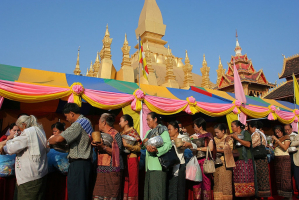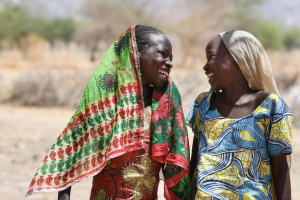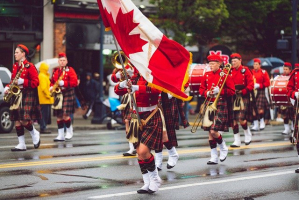Top 7 Botswana's Culture, Customs and Etiquette
The African ethnic groupings are as honorable and lovely as they are diverse and ancient! Botswana is a country has a diverse range of these groupings, as well ... read more...as some of the most iconic and fascinating surroundings in this part of Southern Africa. Botswana's cultural heritage is both complex and valuable, so keep reading to learn more about Botswana's Culture, Customs and Etiquette.
-
Botswana is home to numerous tribes. Each tribe has developed its own "not so visible culture." But generally speaking, cultures amongst tribes are quite similar. This is due to the fact that, although coming from many tribes, they still identify as Batswana, and that the Botswana culture is what has shaped each tribe's unique tribal identity.
The fifth National Principle of Botswana, Botho, describes a method for gaining respect by first showing it and for gaining empowerment by empowering others. Botho possesses the excellent traits that one would expect from a human being, like respect, decency, compassion, helpfulness, civility, and humility. This idea is crucial to how Batswana connect with one another in society.
In order to speak with an elder, you must take your hat or cap. It is a sign of respect. It is polite to offer an elderly person your seat if none are available yet they require one. You must remove your hat or cap before entering a home or any building, particularly a government building (men). It is polite to introduce yourself before starting a discussion or asking for assistance. Keep reading to explore more interesting Botswana's Culture, Customs and Etiquette.
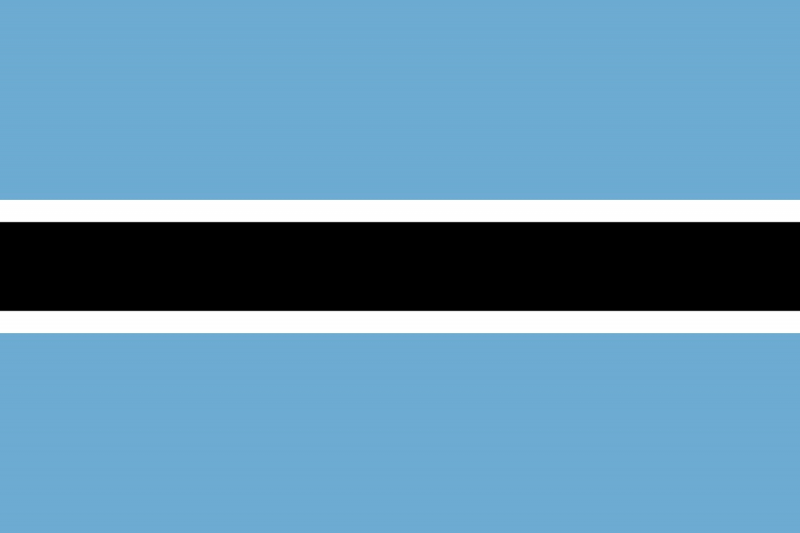
https://en.wikipedia.org/wiki/Botswana 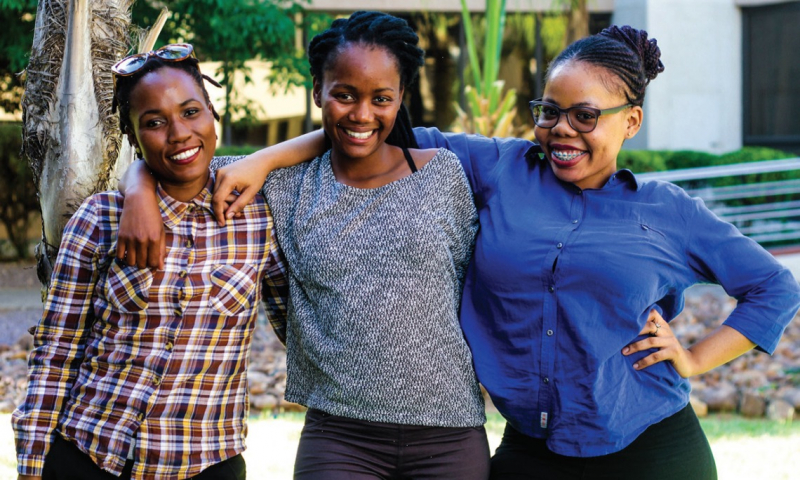
bw.usembassy.gov -
Normally, all tips are given at the conclusion of your stay. The camp lounge is typically where you'll find envelopes for tips. Near the bar is typically where you'll find the general staff tip jar. A fantastic approach to say "thank you" to the staff is to include a personal letter of appreciation with your tip in the staff tip jar or in the guide's envelope.
If you'd rather not bring cash, many camps allow tipping by credit card, but it's a good idea to double-check this in advance.
Are gifts for the guides appropriate? is a question that is frequently asked. In addition to the cash tip, gifts are always welcome and provide a more personal touch to the gesture. Many people send items that are distinctive to their hometowns. Some tour guides have a collection of tiny stick pins that visitors have given them from all around the world. If you want to bring food, avoid bringing anything that has a low melting point (like chocolate), as it will likely melt during your light aircraft transfer and wind up adorning the inside of your bag. The luggage pods are not insulated. Due to nut allergies, nuts are also a bad idea.
Giving a personal present to the guide or his family when you return to a camp and you know him well is a thoughtful gesture. Since they are hard to find in Botswana, particularly in the wilderness, modern periodicals on topics like sport and photography are greatly welcomed. Since many people in Botswana are soccer enthusiasts, a football (soccer ball) and pump would be a welcome gift for the camp personnel.
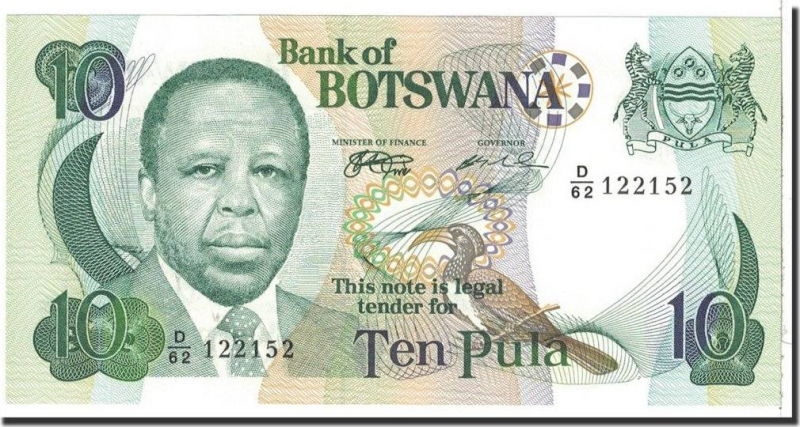
https://www.ma-shops.com/ 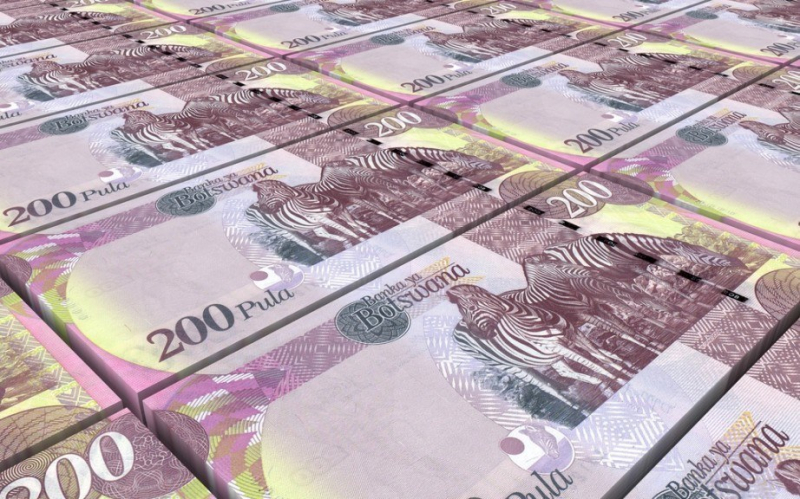
https://www.discoverafrica.com/ -
More than half of all couples choose to live together instead of getting married because of the costs associated with a traditional wedding. Traditional rituals typically last two or more days and include speeches, dancing, eating, and drinking. The bogadi (bride-price), which the groom's family gives to the bride's family, is negotiated between the two families when a couple gets engaged. Traditional celebrations might sometimes accompany civil weddings.
Children in Botswana may receive both a given name that serves as their pet name at home and a name that commemorates some aspect of their birth. For use in school, students frequently give themselves nicknames. In the past, the child took the father's last name; today, the child takes the father's last name. A woman is referred to as the mother of her first kid after the child is born.
Originally, the agricultural and grazing fields of the Batswana were far away and were located in vast villages. Families spent a lot of time apart since men worked at cattle posts and women worked in the masimo (fields). The Batswana were then put in danger in 1852 when Dutch colonists in South Africa started to come into the region. In 1885, the Tswana chiefs requested British protection from these foreigners, known as the Boers, and the area was made a colony of Great Britain. Many males started working in South African mines during these colonial years. Later, young people relocated to cities in search of employment, but extended family networks allowed families to stay connected.Even if there aren't many males working in South Africa these days, the constant search for a job splits families apart. For instance, married couples who are teachers may work in different parts of the country from one another. Women continue to be primarily responsible for the family, farm, and entrepreneurial endeavors because men are so frequently away. The majority of families in rural areas are headed by women, but they also get assistance from local extended family members.
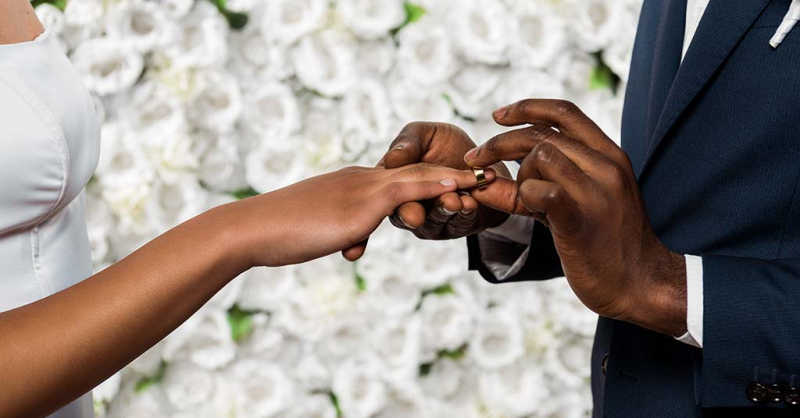
lamna.co.bw/blog/2020/03/botswana-wedding-traditions-old-new/ 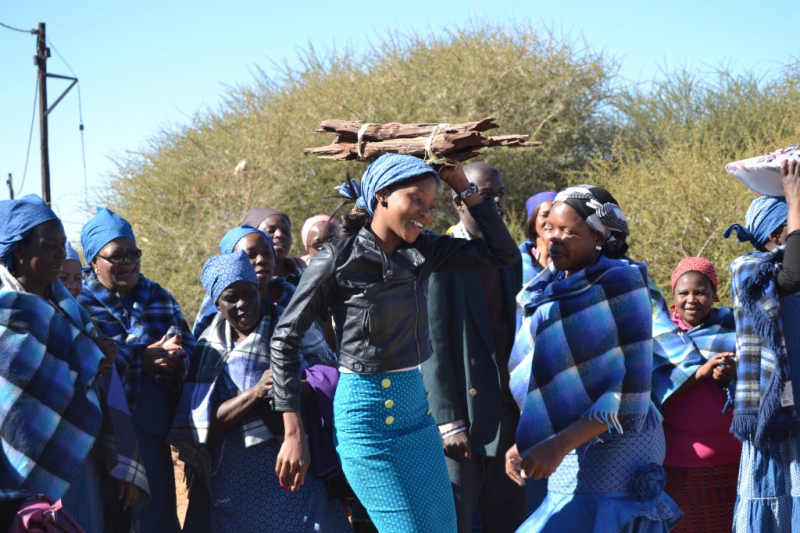
https://str8talkmagazine.com/ -
Botswana celebrates the New Year on the first two days in January. Good Friday, the Friday before Easter, through Easter Monday are the days when Easter is observed. Church and family are at the heart of celebrations. The day that Jesus Christ is claimed to have ascended to heaven is commemorated as Ascension Day, which falls 40 days following Easter.
The third weekend in July is designated as President's Day as a holiday. Many people visit their extended families in their home villages over this four-day holiday. On this event, government-sponsored programs begin with prayer and include traditional dancing, singing, speeches, and praise poetry. On September 30, Botswana celebrates its independence from the British, which took place on that date in 1966.
The most significant holiday is Christmas, and it is customary for Batswana to visit their home communities to celebrate. During this time, family members frequently give each other new clothing. Boxing Day (December 26) originated from a traditional British practice where tradespeople and service providers would carry around little earthenware boxes and collect tips. Nowadays, it's a good time to unwind and socialize.
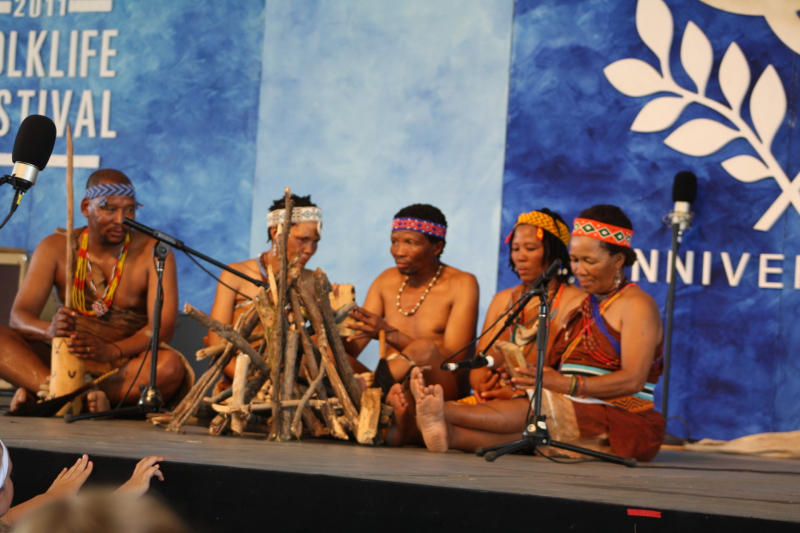
https://www.travellocal.com/ 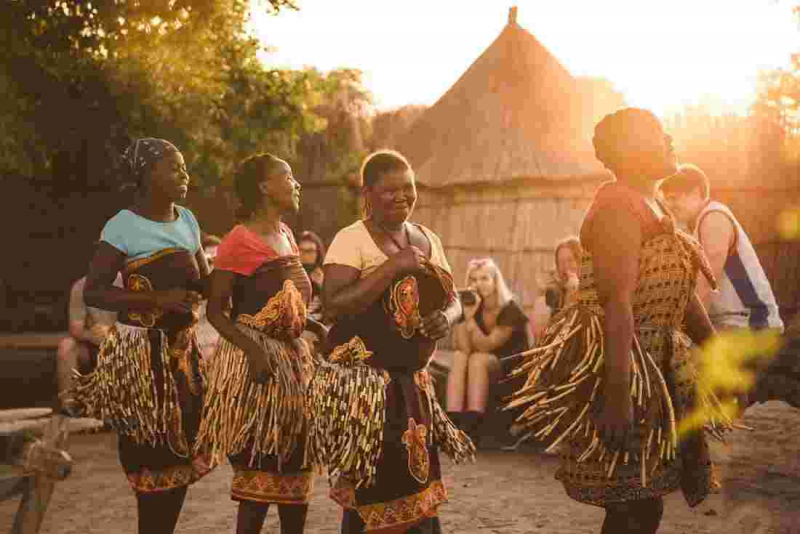
https://www.intrepidtravel.com/ -
When greeting locals, it is usual to greet everyone there, beginning with the elderly and using formal local greeting phrases. Handshakes are a typical greeting. "Dumela Ma" is the most popular verbal greeting for a lady and "Dumela Ra" for a male. Even if you don't know them, it's polite to always welcome them. Different tribes welcome in different ways.
When greeting an elderly person in the north, you must kneel down and offer them both of your hands if they are seated. If they are not seated, simply bow slightly and extend your two hands to them. In some places, you can greet someone by shaking their hand. In some circumstances, men and women will kiss each other on both cheeks. Once you've made a friend, a handshake at the start of a talk may turn into holding hands for the rest of the conversation. This is more common among individuals of the same gender.

https://www.tatlerasia.com/ 
https://www.londontranslations.co.uk/ -
The majority of Botswanians' traditional attire is fashioned from animal skin items, however, when colonialism arrived in the nation, western fashion became more prevalent. The quantity and quality of clothing created from animal skin are significantly determined by social class, gender, and age.
The term "Tshega" refers to the traditional clothing used by men, which consists of a blanket made from animal skin (Kaross) worn on the loin area, a cap also made from animal skin, sandals, and belts. On the body, ornamental objects like armlets, necklaces, and beads are also worn.
Khiba, a skirt with a Mosese, an animal skin blanket (Kaross), worn to cover the upper half of the body, is the name for the traditional clothing worn by women in Botswana. Women frequently wear jewelry, including armlets, bracelets, rings, and earrings. Thari, a skin garment worn by nursing moms to carry infants on their backs, is used by these women.
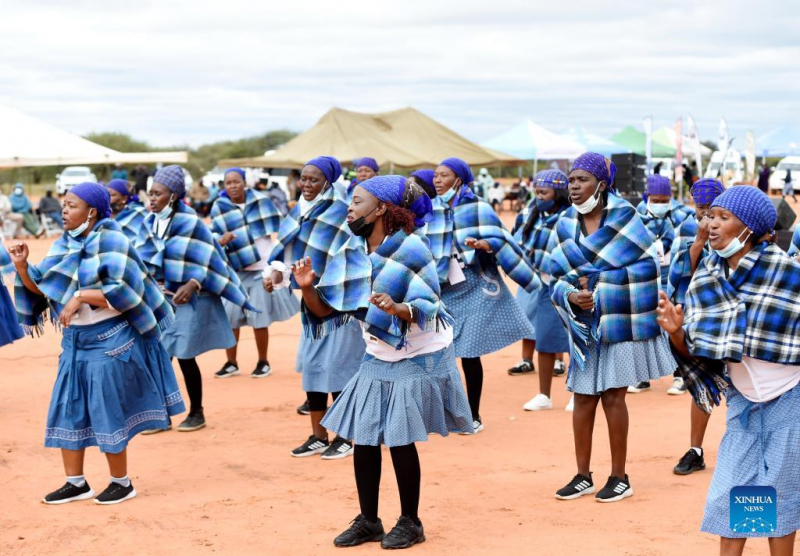
https://english.news.cn/ 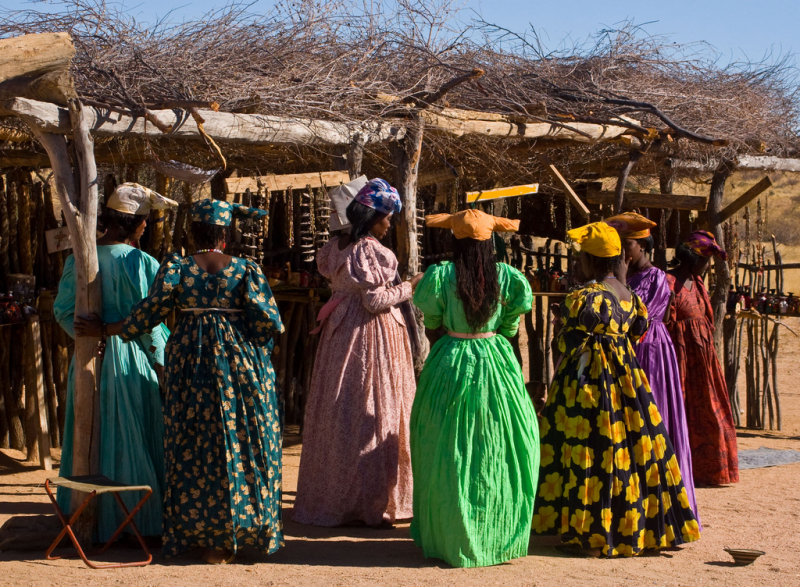
https://local-moda.blogspot.com/ -
Botswana is an autonomous, landlocked country in Southern Africa. On September 30, 1966, the country gained independence and became a democracy. Botswana has a land area of 581,730 square kilometers and a population of 2,250,260 people. It is one of the world's least populous countries. Botswana's majority religion is Christianity. Christians account for around 77% of the country's total population. Anglicans, Methodists, and the United Church of Southern Africa are the most common Christian denominations in the country. Other religions practiced in the country include Islam, Hinduism, and Baha'ism.
Botswana's constitution permits citizens to practice any religion they choose, and no faith is designated as the state religion. Although proselytizers and missionaries are free to work, forcible conversion is prohibited. Christian holidays are observed throughout the country and are the only religious holidays recognized as public holidays. Botswana, unlike many other African countries, has no strife between religious groups.
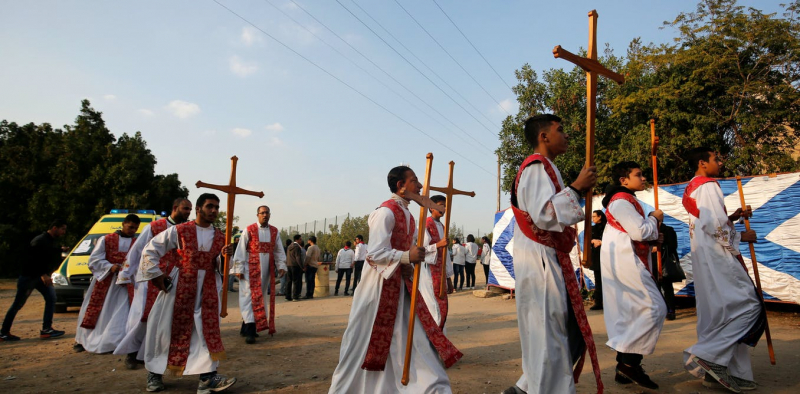
https://www.botswanayouth.com/ 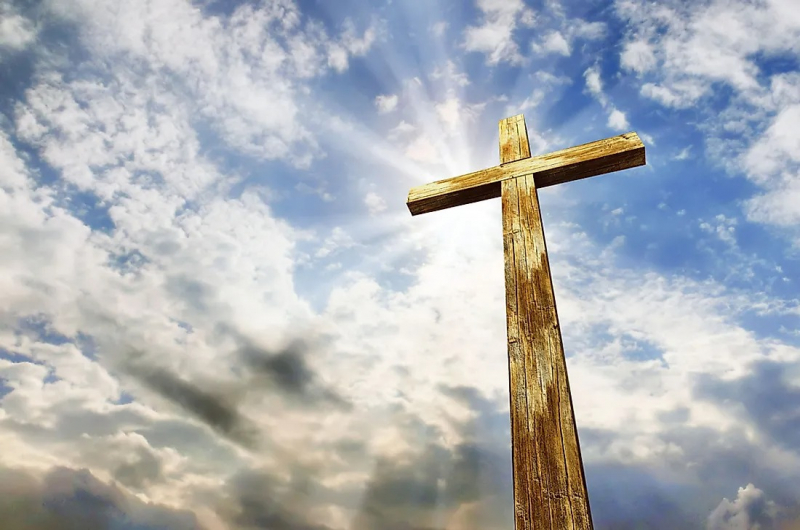
https://local-moda.blogspot.com/










